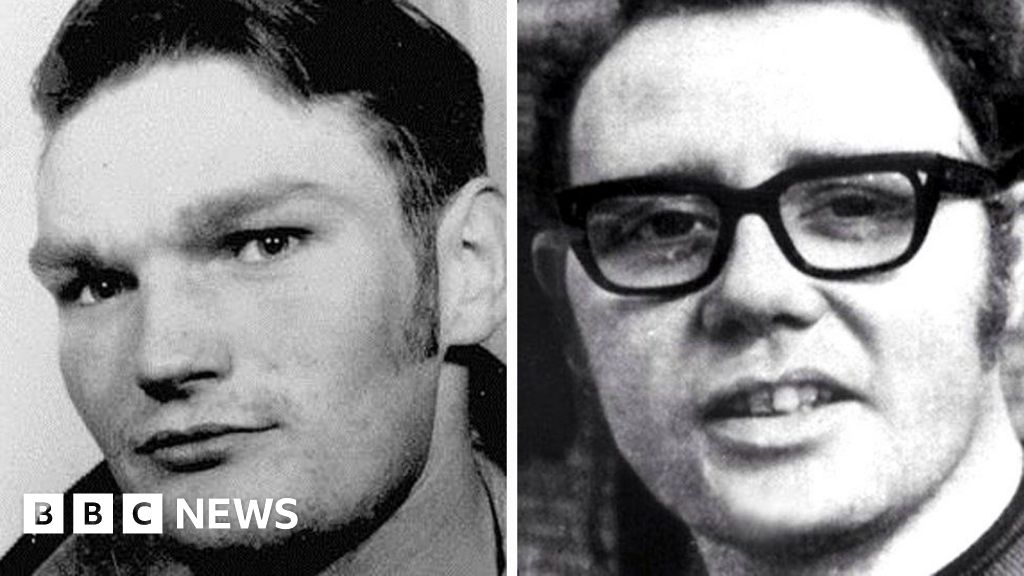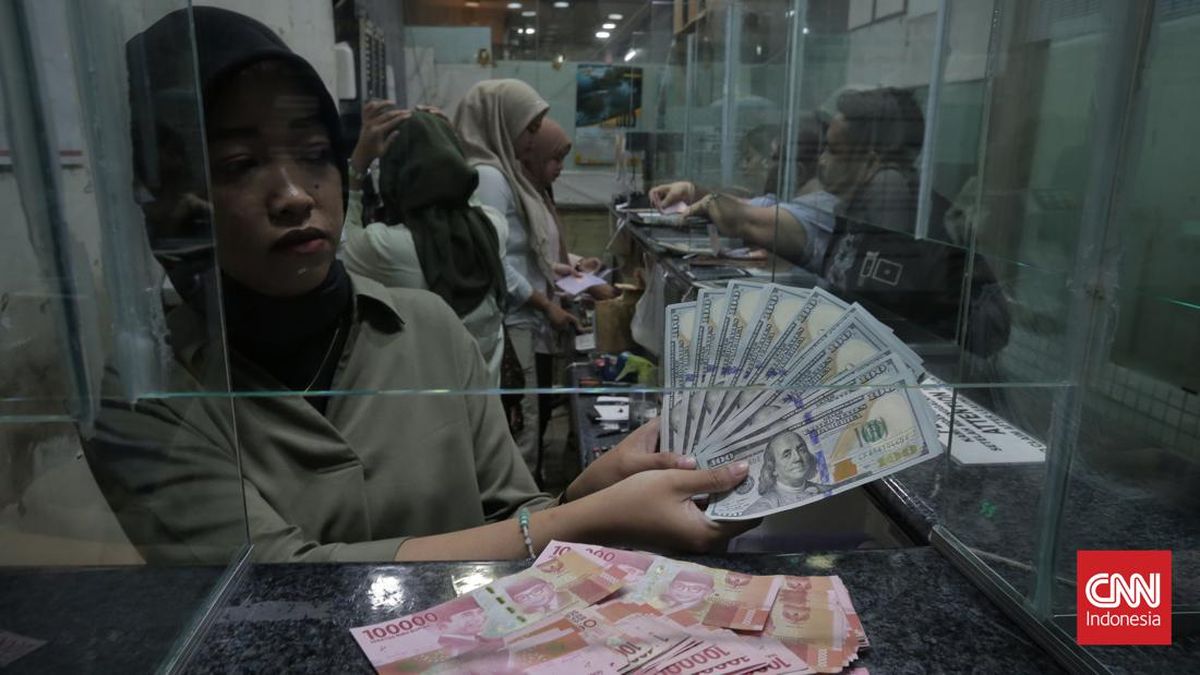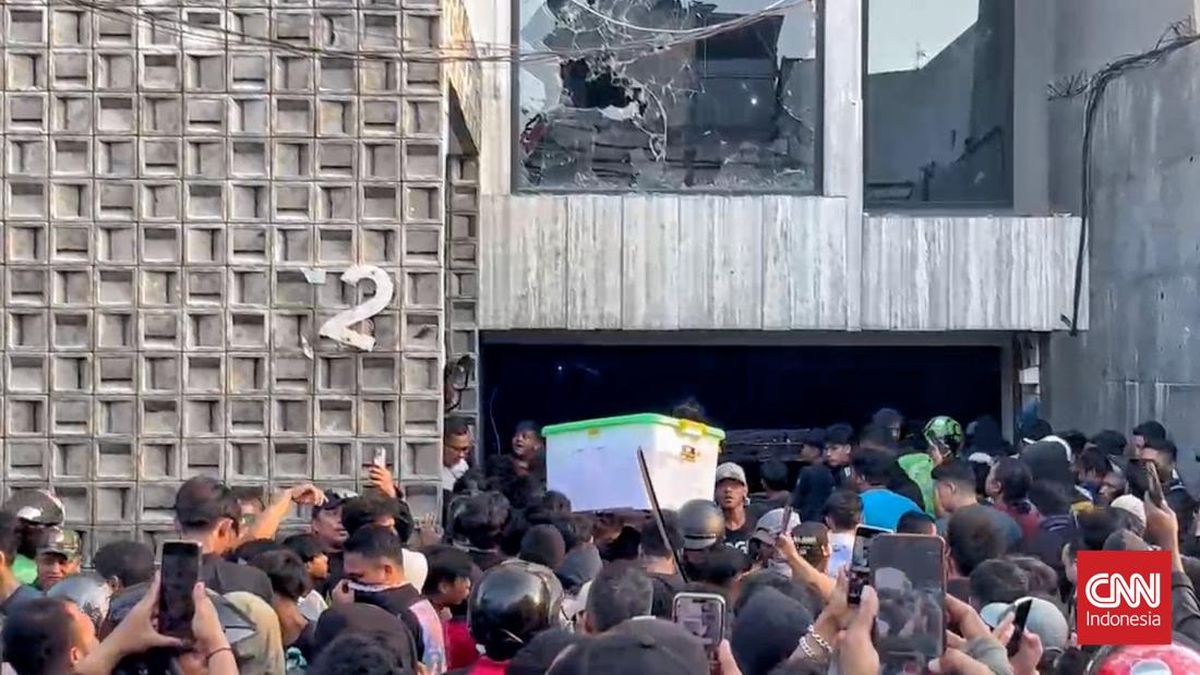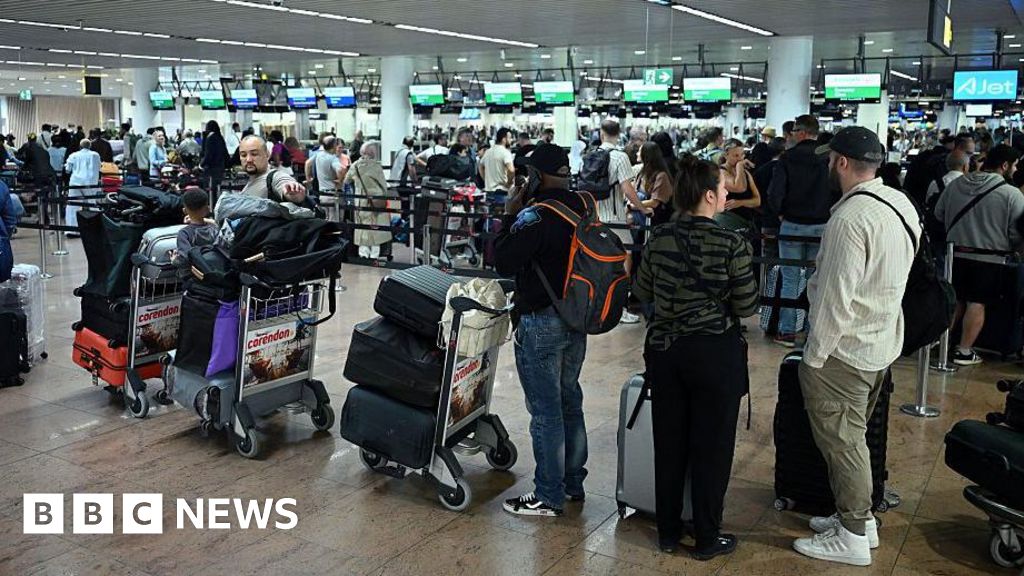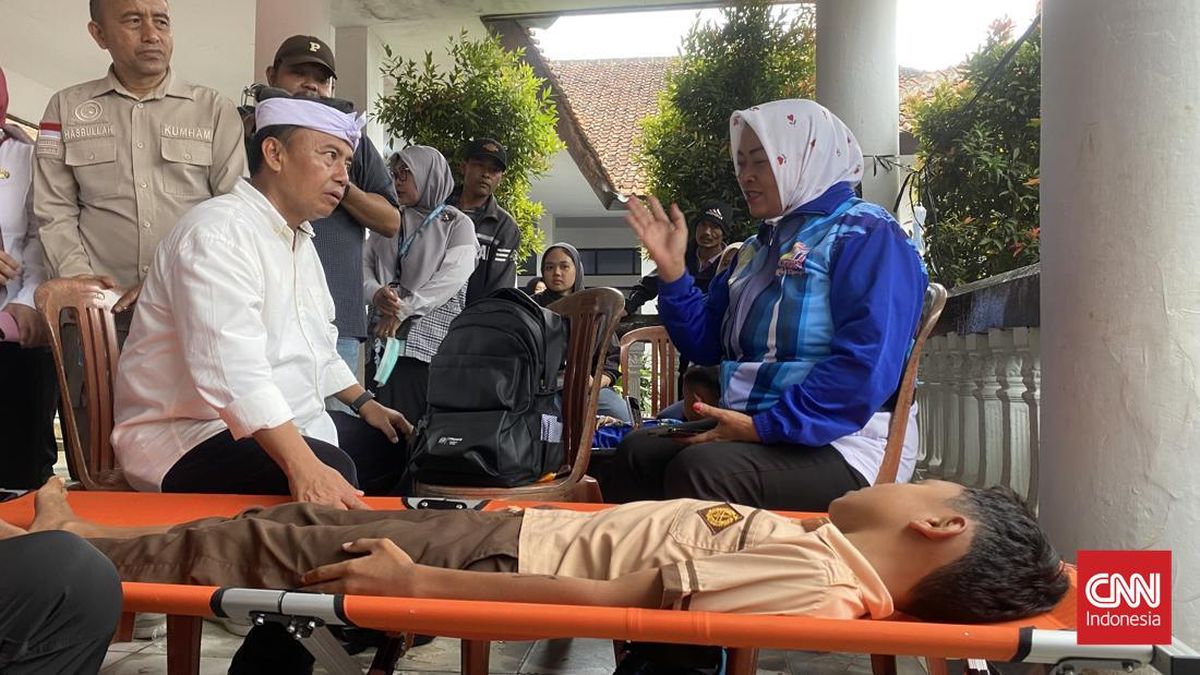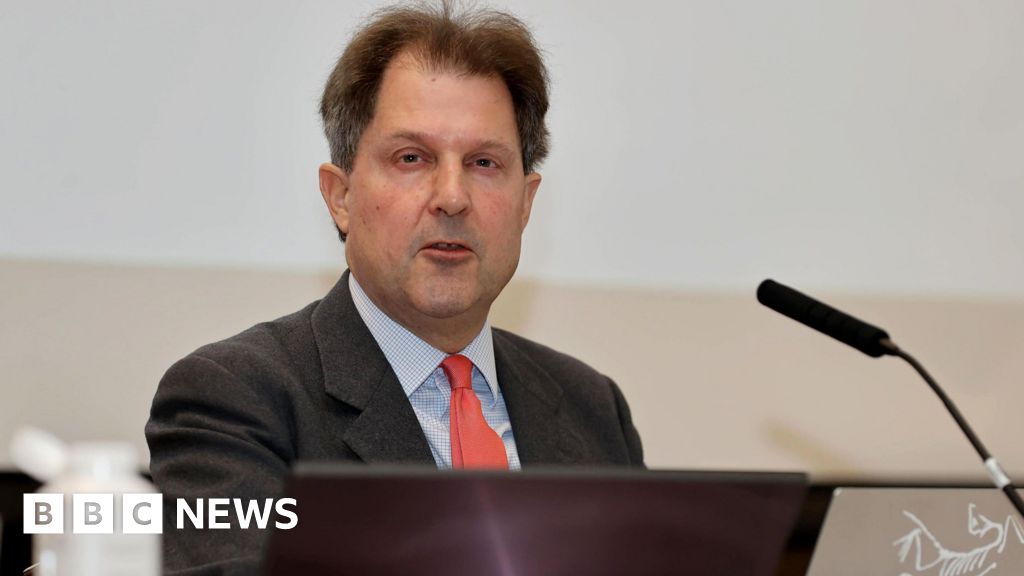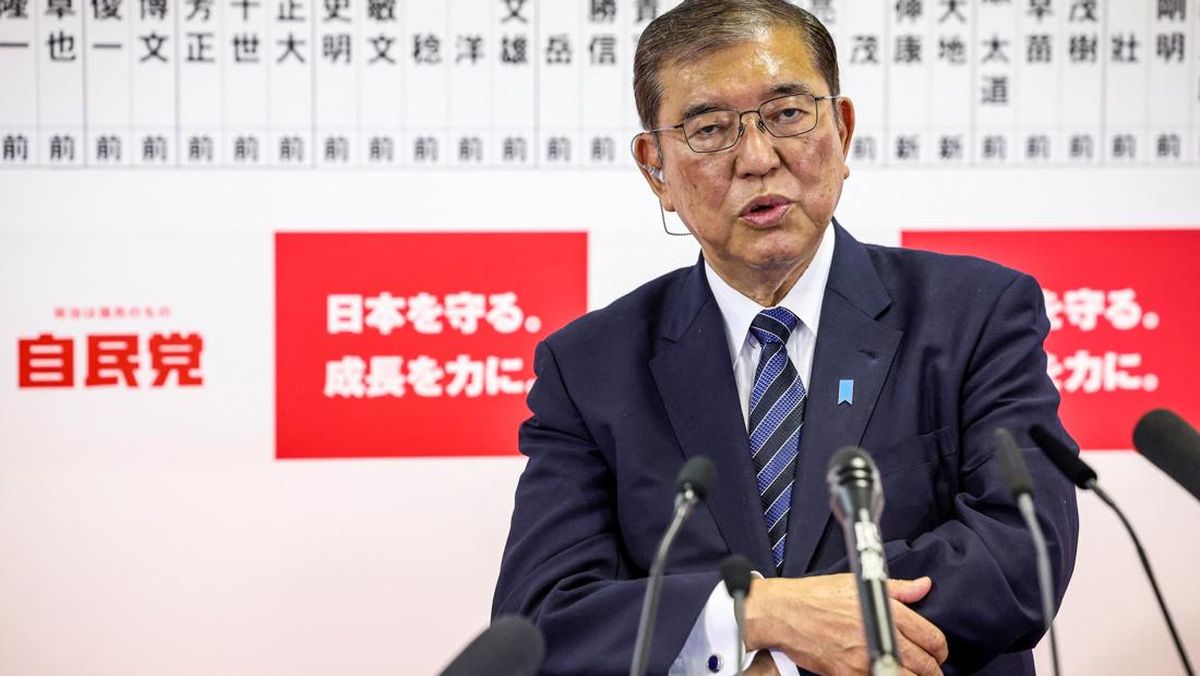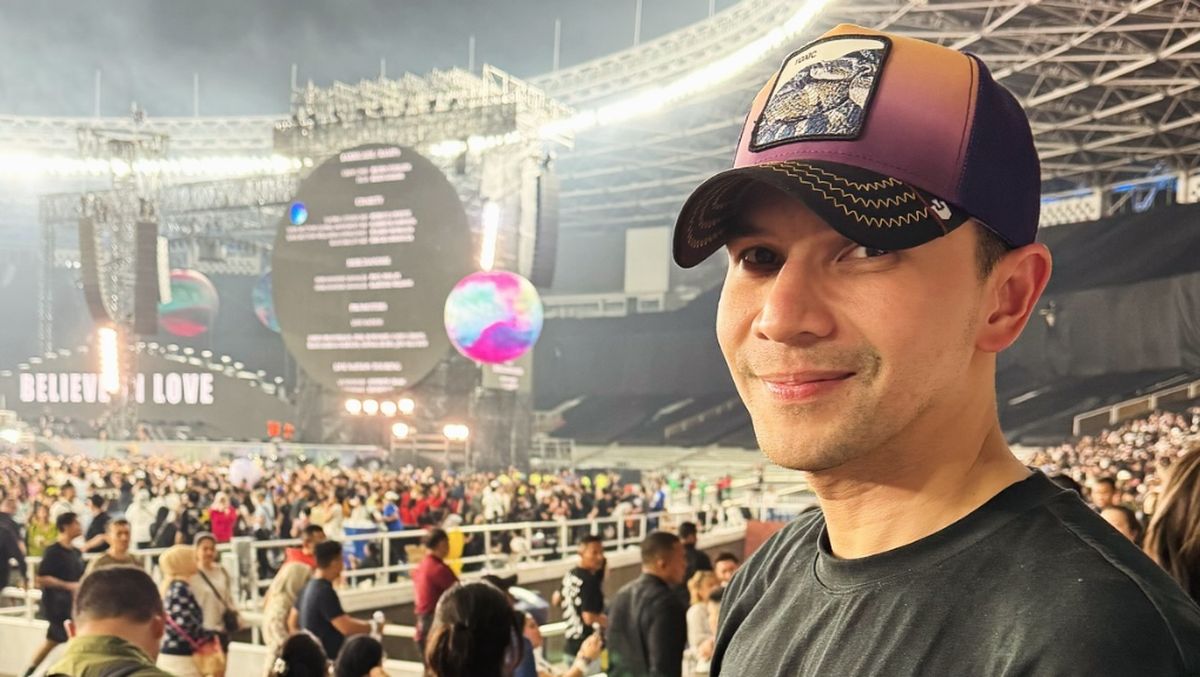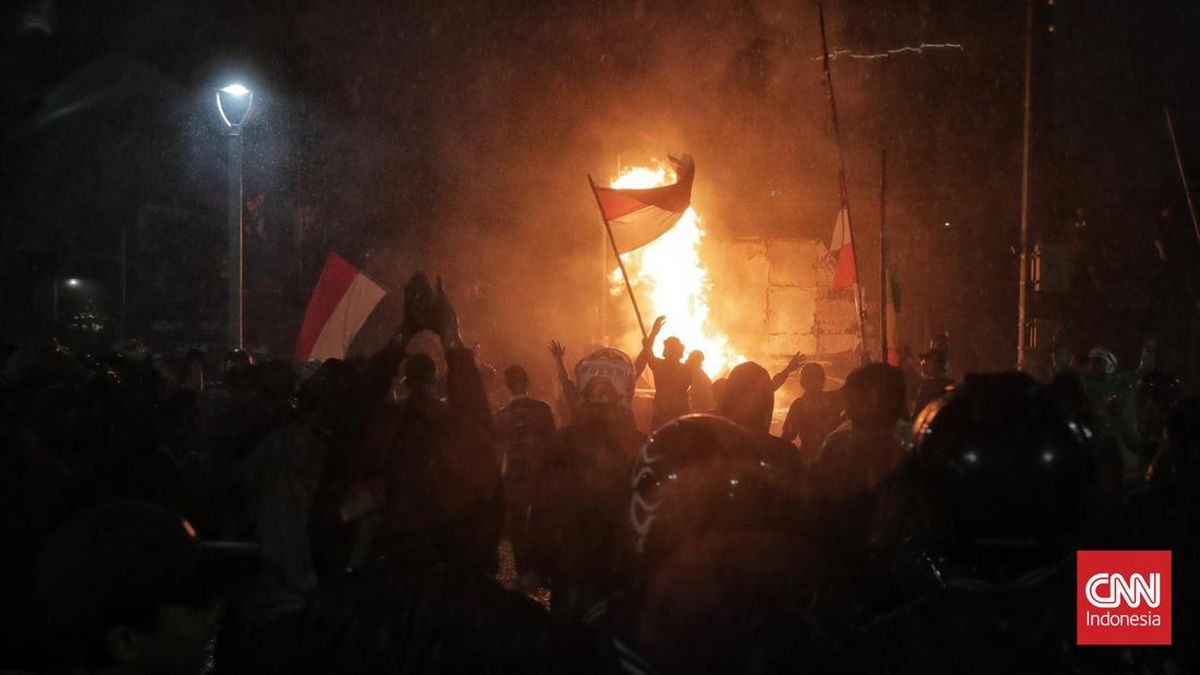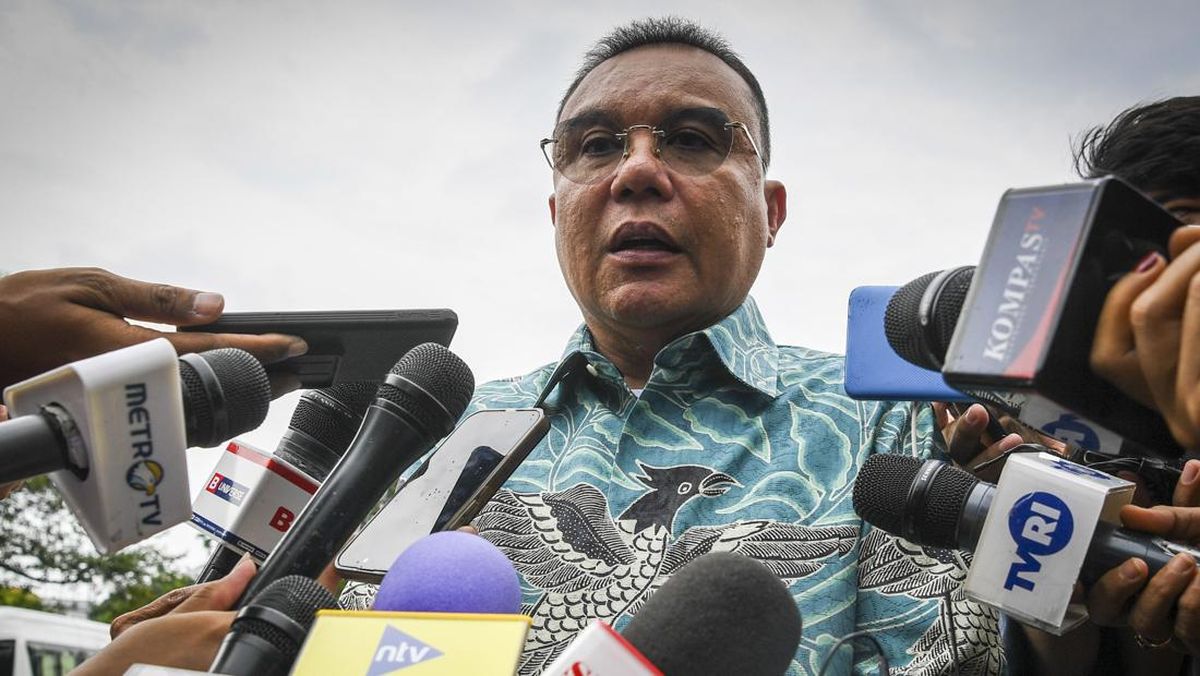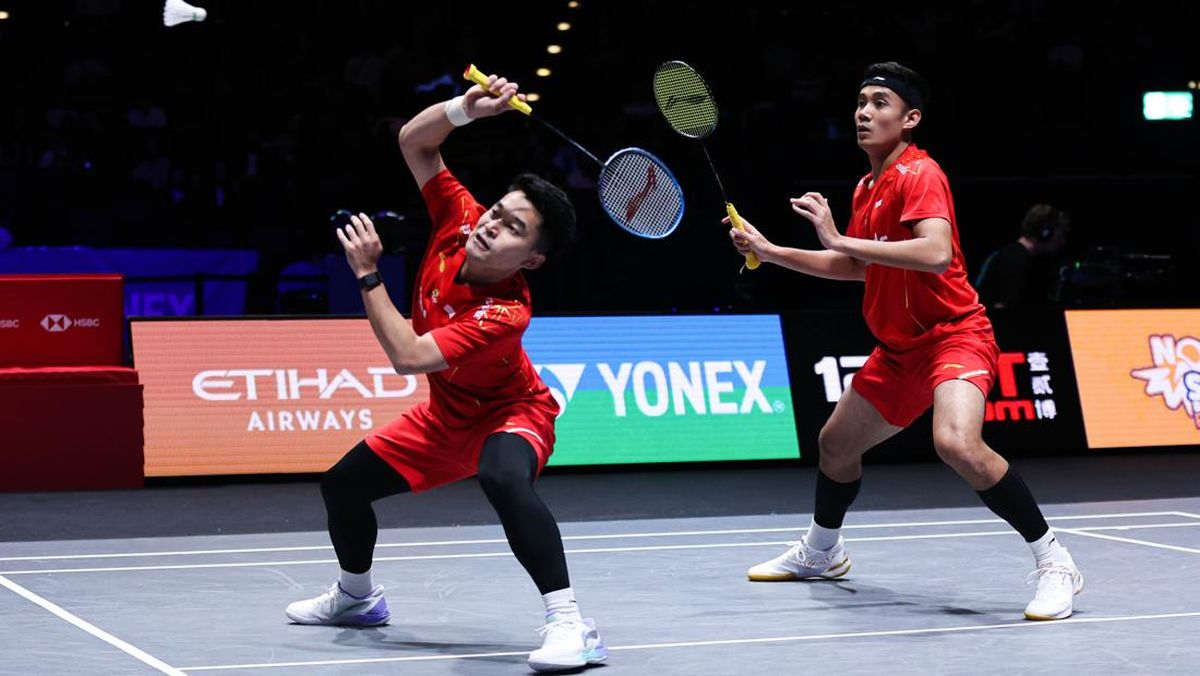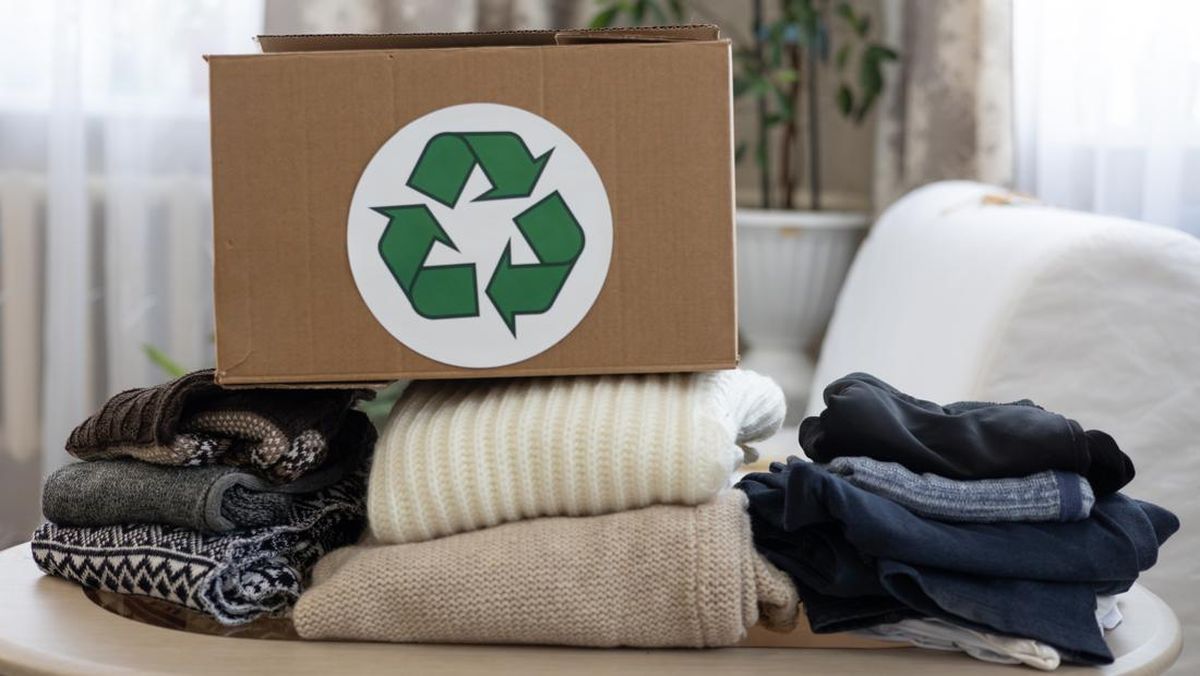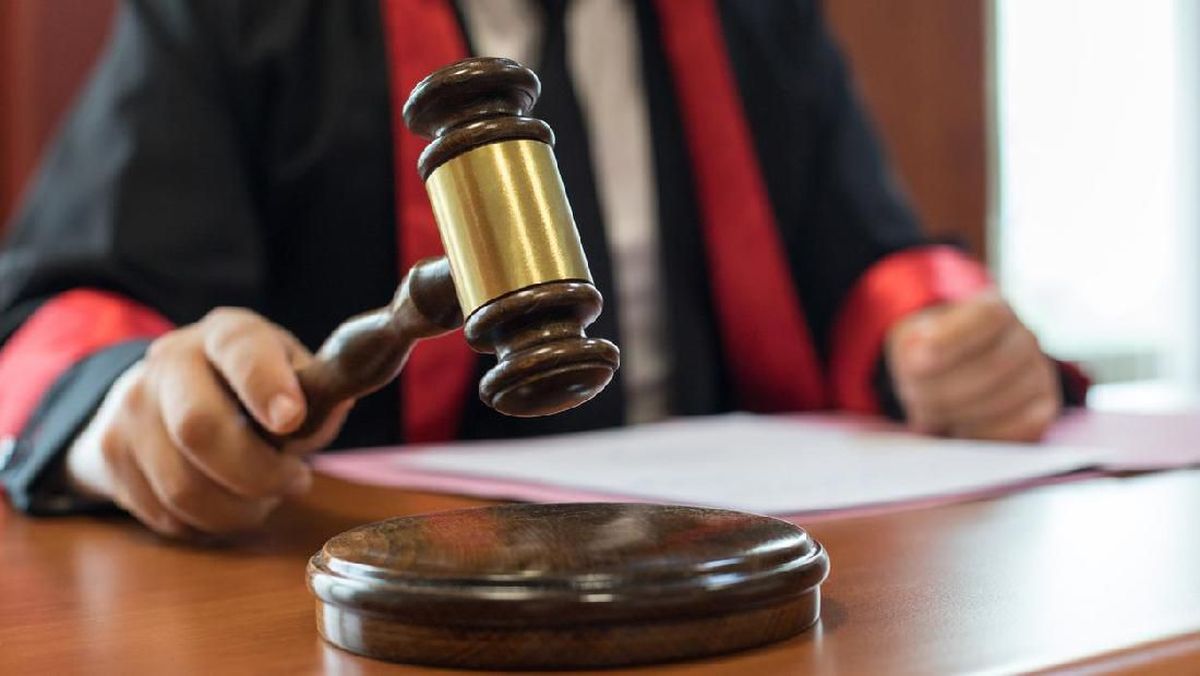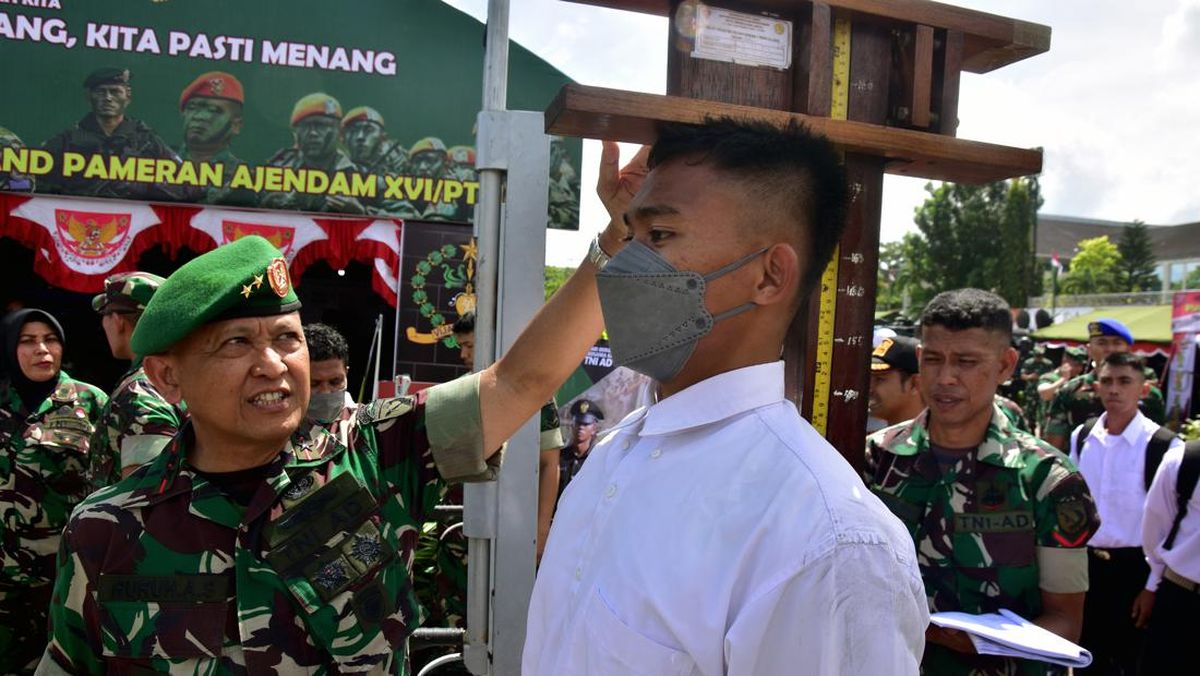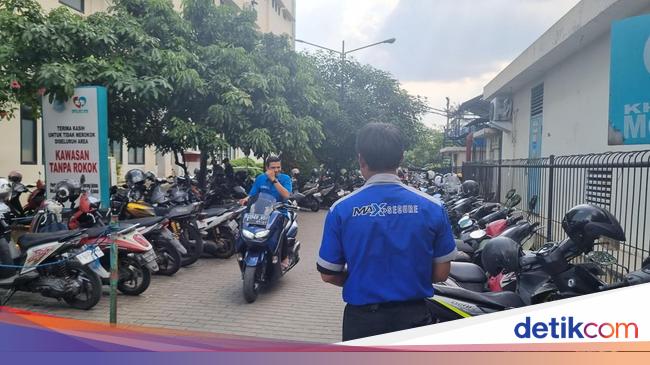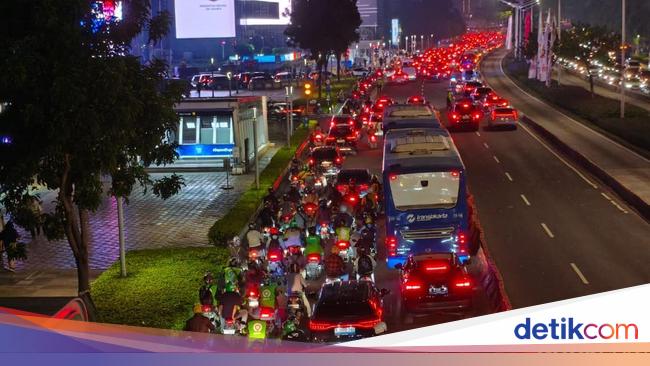Lawmakers grill D.C. mayor over crime
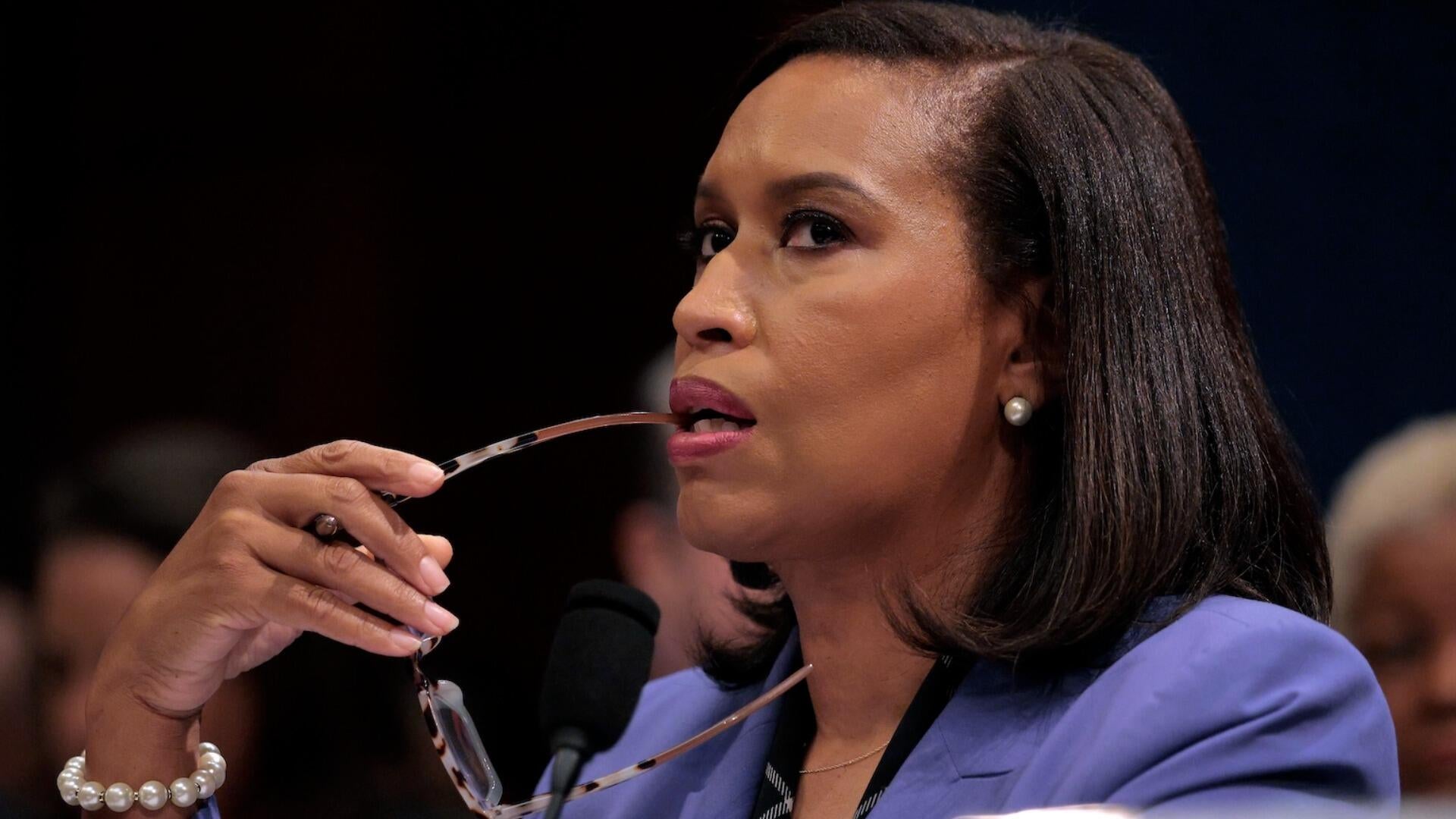
Washington — The Trump administration has touted its crime crackdown in Washington, D.C., in recent weeks, with increased arrest numbers and reduced violent crime. But the surge of resources to the nation's capital hasn't extended to its courts, which have been hampered by judicial vacancies that have led to a backlog of cases and slowed the administration of justice.
The crisis in the district's courts has persisted for years due to a high volume of open seats for judges. But whether, and when, it subsides rests with the president and Senate under the structure established by Congress more than 50 years ago.
Today, there are 13 vacancies on the D.C Superior Court, the district's trial court, and another two judges are on extended medical leave. By January, another two sitting judges are set to retire, which would leave 15 of the Superior Court's 62 seats unfilled.
On the D.C. Court of Appeals, two of its nine seats are open. One of those has been empty since November 2013, and neither have nominees awaiting approval by the Senate.
"With vacancy rates nearing 25% on the trial court, we are set up to fail those who are depending on us for fair and timely legal outcomes," said Douglas Buchanan, spokesman for the D.C. Courts. "Now, in today's reality, our ability to operate is simply not sustainable. It's the case today, and it only stands to grow worse for those we serve."
"A lot of different gears"
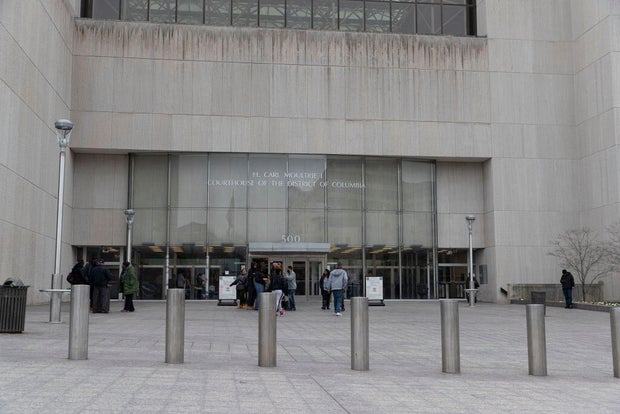 The Carl Moultrie Courthouse is seen in Washington, D.C., on Jan. 4, 2019.
ALEX EDELMAN/AFP via Getty Images
The Carl Moultrie Courthouse is seen in Washington, D.C., on Jan. 4, 2019.
ALEX EDELMAN/AFP via Getty Images
The vacancy crisis underscores the unique position the district holds as the nation's capital. While judges are elected by voters or appointed by governors in other jurisdictions, the president nominates and the Senate confirms judges to the local courts in D.C., just like they do for federal courts.
It's a process that Congress itself created under the District of Columbia Home Rule Act of 1973. The law established a seven-member Judicial Nomination Commission, which submits a list of three candidates to fill each vacancy on the Superior Court and Appeals Court. The president then selects a person from that list to nominate for Senate confirmation.
"That requires a lot of different gears to all mesh up together when the District of Columbia doesn't even have a single senator in that room to say, 'Hey, this is important to the district,'" said Joe Musso, president of the Trial Lawyers Association of Washington, D.C.
In recent years, presidents have prioritized confirmations to the federal courts, with Mr. Trump and President Joe Biden appointing more than 230 federal judges. But filling the vacancies on the D.C. courts has not been as important.
In December, the Senate had a chance to approve 10 of Biden's picks to the local courts, but the nominees were blocked. Mr. Trump can now fill those seats with his own nominees.
For its part, the Judicial Nomination Commission has submitted to the president a list of candidates for every existing vacancy on the Superior Court and Appeals Court.
Mr. Trump, meanwhile, has made four nominations to the D.C. Superior Court, and one is poised for a vote by the full Senate after advancing out of the Homeland Security and Governmental Affairs Committee in July. Two of the president's four nominees are for vacancies that have existed since 2020.
"President Trump has been focused on filling vacancies in Superior Court and I strongly agree," Jeanine Pirro, the U.S. attorney for the District of Columbia, said in a statement to CBS News. "Not having enough judges is not only bad for the District, the prosecutors, and the attorneys, it's bad for those individuals who are awaiting a trial that will impact their civil liberties."
While the Senate Judiciary Committee oversees nominations to the federal courts, the Homeland Security and Governmental Affairs Committee handles confirmation hearings for picks to the D.C. courts.
A spokesman for Sen. Rand Paul, a Kentucky Republican who chairs the Homeland Security Committee, told CBS News that the panel is processing the three other nominations "according to our standing rules and procedures and will announce a hearing at the appropriate time."
Still, it's unclear whether there is broad appetite in the Senate to move the president's picks for the D.C. courts, particularly as lawmakers face a fast-approaching Sept. 30 deadline to fund the government and are under pressure to approve a backlog of Mr. Trump's executive branch nominees.
Meanwhile, cases filed in the Superior Court continue to stack up. In the criminal division, trials for people accused of the most serious felony offenses are being scheduled into late 2027 and early 2028, Buchanan said.
"This is not fair to the victims of these very serious crimes, nor to the defendants who stand accused and in custody while they await their day in court," he said.
An "urgent" crisis
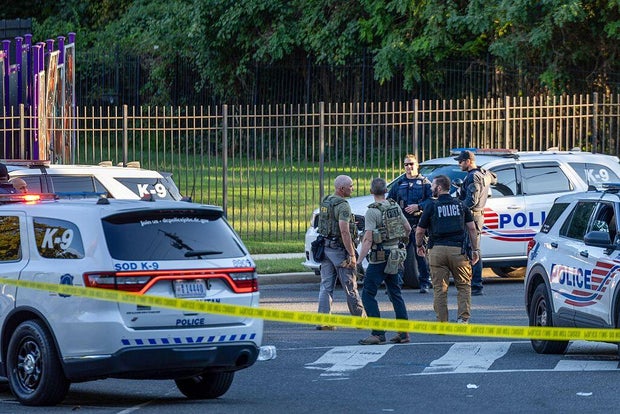 FBI, ATF, Metro Police and other federal agents work at the scene of a shooting on Mississippi Avenue Southeast in Washington, D.C., on Sept. 1, 2025.
Tasos Katopodis / Getty Images
FBI, ATF, Metro Police and other federal agents work at the scene of a shooting on Mississippi Avenue Southeast in Washington, D.C., on Sept. 1, 2025.
Tasos Katopodis / Getty Images
Mr. Trump's crackdown on D.C. came in response to what he claimed is rampant crime that has made the nation's capital a dangerous place to live and visit, despite data showing that crime had been falling in recent years. Last month, the president deployed the National Guard to the district and placed the Metropolitan Police Department under federal control for 30 days, authority granted to him under the Home Rule Act.
While the 30-day takeover of the local police department expired on Sept. 10, National Guard troops will remain on district streets through November. Muriel Bowser, the mayor of D.C., has said local police will continue close coordination with federal law enforcement indefinitely.
As part of Mr. Trump's plans to address what he says is a "crime emergency" in the capital, the president signed an executive order last month that calls on prosecutors to pursue federal charges and pretrial detention for people arrested in the district.
But government lawyers with the U.S. Attorney's Office in D.C, led by Pirro, have struggled to secure indictments in a string of recent cases. In at least one of those, involving a now-fired Justice Department employee accused of throwing a sandwich at a federal officer, prosecutors filed a misdemeanor charge, which doesn't require a grand jury indictment.
Pirro's office also prosecutes felony offenses and most misdemeanors committed by adults in the local trial court. From January through March, the most recent data publicly available, there was a slight uptick in felony prosecutions and cases charged in the Superior Court compared to the first three months of 2024.
But the president's efforts to tamp down on crime and the alleged perpetrators are meeting a court system that has for years lacked a full complement of judges to hear and adjudicate cases.
"You're looking at criminal defendants who are sitting in jail on nothing more than a charge, and they're presumed innocent under the Constitution," Musso said.
The ballooning number of cases filed in the Superior Court began years before Mr. Trump's crackdown. From 2021 to 2024, the trial court saw an 83% increase in new case filings, data shows. For 2025, the Superior Court is on track to either meet or exceed the 56,627 new cases from last year.
For the criminal division, there were nearly 40% more felony cases filed between 2022 and 2023, and roughly 51% more misdemeanor cases brought by the U.S. Attorney's Office, according to data from the court.
In a branch of the Civil Division that handles most civil disputes, the number of cases on judges' calendars has nearly doubled to roughly 500.
"This is urgent," said Tianna Gibbs, a law professor at American University in Washington who studies access to justice issues. "We have a lot on the line: the administration of justice, access to justice and public confidence in the courts as a forum that can fairly and efficiently resolve their disputes."
Meg McKinney, a family law attorney who practices in D.C., said the high number of vacancies is a problem across the Superior Court, but she believes the impact is more acutely felt in the Criminal and Family Court Operations divisions.
"You're already dealing with families who have a fair amount of crisis or dysfunction, and they're basically just twisting in the wind while they make their way through the court system," she said.
In the family court, there were between four and six vacancies throughout 2024, and a 46% spike in new or reopened cases from 2020 to 2024, according to an annual report to Congress submitted in March. In its Domestic Relations Branch, which processes cases for divorce, custody and adoptions, among other areas, initial hearings are taking place before a magistrate judge to help ensure families can get into court quickly.
But even for the small number of cases that go to trial, it can take more than a year to get a trial date, and securing consecutive days on the calendar is difficult. The wait for an actual decision may be even longer, since the time available for judges to write opinions is sparse.
"It feels like D.C. has been forgotten"
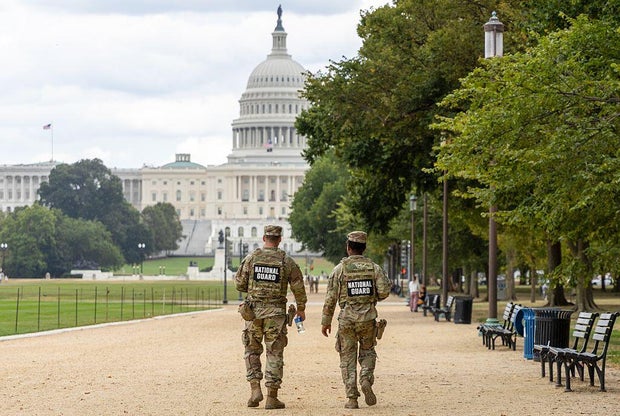 Members of the National Guard patrol in Washington, D.C., on Sept. 4, 2025.
Hu Yousong/Xinhua via Getty Images
Members of the National Guard patrol in Washington, D.C., on Sept. 4, 2025.
Hu Yousong/Xinhua via Getty Images
Mr. Trump has heralded the operation in D.C. as a success, and crime in the district has dropped significantly since he deployed National Guard troops and other federal law enforcement officers to the district. But local officials have urged the president and the federal government to assist D.C. in other ways.
"We have 15 vacancies in the Superior Court, which we need to go down to the Congress for approval. We have two vacancies in the Court of Appeals which we need to go down," Bowser, the mayor, told MSNBC in an interview last month. "So anytime you have a backlog in the courts you have delayed justice and people are less safe."
Eleanor Holmes Norton, a Democrat who represents D.C. in the House as a nonvoting delegate, warned last month that the D.C. courts are facing a "perpetual vacancy crisis" because of Senate inaction. She said the number of open seats on the Superior Court is "significantly impeding D.C.'s ability to try criminal cases in court, harming public safety and access to justice."
Norton introduced legislation in July that would give the D.C. Council authority over the jurisdiction and organization of the local courts. She has also proposed plans that would allow judicial nominees to the D.C. courts to be appointed without approval by the Senate after a 30-day congressional review period.
But D.C. officials have been sounding the alarm about the vacancy crisis for years, though their appeals for help have gone unanswered. Letters sent from members of the D.C. Council, legal organizations and even sitting D.C. judges have not moved the White House or Senate to action.
"It feels like a problem where the grievance is not going to get to the person who has control of moving the levers in the process," said Gibbs, the American University law professor. "It feels like D.C. has been forgotten in this way and there's no way to appeal to the powers that be to address the problem."
Lawyers in the district pin the blame on its lack of representation in the Senate, which has left residents without a voice to pressure senators to act.
"No other jurisdiction has to go through all the hoops to get the courthouse filled with reasonable arbiters of the facts and the law," Musso said. "And when it does, it has to appeal to a Senate that has no representation."
Some senators in neighboring states have taken up the cause. In the last Congress, Sen. Tom Carper, a Democrat from Delaware, and senators from Virginia and Maryland introduced legislation that would streamline the nomination and confirmation process for D.C. judicial picks. But the Senate didn't act on the plan, and Carper retired last year.
Carper told CBS News in an interview before his term ended that "the way we treat the District of Columbia, especially with respect to selection of the judges, is, I think, shameful."
"We basically say, you know, 'You can come up with all the names within the district of who you think ought to be a judge, and we'll take our good old time to figure out if we're ever going to confirm some of these judges,'" Carper said.
That approach by the Senate has led to concerns that its delays in confirming D.C. judicial nominees is damaging the public's trust in the judicial system.
"The issue is that there's just this divide where the people who do have control over the process don't understand the impact that the delay in confirmations is having on D.C. families. And then the D.C. families don't understand how the process is working," Gibbs said. "In their eyes, the delay is the problem of the court. Families begin to view the court as a broken system that doesn't meet the commitment that it has to the public, which is to administer justice in a way that is efficient, that is fair, that allows families to have the opportunity to be heard before the court."
The Republican-controlled House has begun to take legislative steps related to the D.C. courts, and it has moved swiftly to exert its control over the district. GOP Rep. Pete Sessions of Texas introduced legislation earlier this month that would dismantle the D.C. Judicial Nomination Commission, and the House approved it in a party-line vote last week. It's unclear whether it would garner the 60 votes needed in the Senate to advance.
In a letter to Congress, the members of the commission said D.C.'s judicial nomination process is "one of the best nonpartisan processes" in the nation and noted that Mr. Trump engaged in it during his first term and earlier this month with his nominations.
"The Commission process has been effective for over 50 years, working with both Republican and Democratic administrations," members wrote in a Sept. 9 letter. "Our process is carefully designed to ensure that the over 700,000 residents of our city have a voice in judicial appointments, while also respecting the President's authority in nominating individuals for the critical role of judicial service in the District of Columbia."
But allies of Mr. Trump and The Heritage Foundation, a conservative think tank, have denounced the seven-member commission as composed of "leftists" and said the judicial appointment scheme, which was codified by Congress in 1973, is questionable under the Constitution. Members of the panel are appointed by the president, mayor, D.C. Council, D.C. Bar and the chief judge of the U.S. district court in the district.
The member tapped by the chief judge in D.C. is Judge Tanya Chutkan, who presided over the criminal case against the president brought by then-special counsel Jack Smith involving his alleged attempt to hold onto power after the 2020 election. The charges were dropped in November after Mr. Trump won the election.
While the House moved swiftly on Sessions' plan for the nomination commission, there's been no action on Norton's proposal related to the D.C. courts, and the Senate Homeland Security and Governmental Affairs has not scheduled hearings for Mr. Trump's nominees.
For stakeholders who have watched the vacancies in the D.C. courts languish for years, successfully securing an appointment to the D.C. courts appears to be a daunting task, requiring cooperation between three different bodies: the Judicial Nomination Commission, the president and the Senate.
But Musso said the consequences of continued inaction are severe.
"When you're waiting years for justice, those years are filled with angst and difficulty and stress that you would otherwise not have but for these delays," he said. "Real people are involved here. Real human beings need our justice system."
Melissa Quinn is a politics reporter for CBSNews.com. She has written for outlets including the Washington Examiner, Daily Signal and Alexandria Times. Melissa covers U.S. politics, with a focus on the Supreme Court and federal courts.

